If you have ever experienced rectal bleeding, you might have wondered if it was a sign of something serious, such as colon cancer. While bleeding from the rectum or anus can be alarming, it is not always a cause for concern. The bleeding is often due to a common and treatable condition called hemorrhoids.
Hemorrhoids and colon cancer exhibit similar symptoms, making it crucial to distinguish between them and act accordingly.
In this blog post, we'll clarify the differences between hemorrhoids and colon cancer symptoms, investigate the link between them, examine what causes bleeding in both conditions, and explore the treatment options for colon cancer. We'll also offer advice on what to do if you detect colon cancer symptoms or hemorrhoids.

| Colon Cancer | Hemorrhoids |
| Dark red or black blood | Bright red blood |
| Blood mixed with stool | Blood on stool surface |
| Occasional or intermittent bleeding | Frequent or constant bleeding |
| Other symptoms present | Other symptoms mild |
Hemorrhoid Bleeding Vs. Colon Cancer

Rectal bleeding may arise from two distinct health concerns - hemorrhoid or colon cancer. Hemorrhoids refer to the swelling of veins in the lower rectum and anus, while colon cancer is a malignant tumor that develops in the colon lining. Let's delve deeper into both conditions.
Explanation Of Bleeding Caused By Colon Cancer
Bleeding caused by colon cancer is usually due to the tumor invading the colon or rectum wall and damaging the blood vessels. The bleeding may be:
- Dark red or black, indicating that the blood is coming from the upper or middle part of the colon.
- Mixed with the stool, making it appear darker or tarry.
- Occasional or intermittent, depending on the size and location of the tumor.
- Associated with other symptoms, such as abdominal pain, weight loss, anemia, or change in bowel habits.
Explanation Of Bleeding Caused By Hemorrhoids
Bleeding caused by hemorrhoids is usually due to the irritation or rupture of the swollen lower rectum veins. The bleeding may be:
- Bright red, indicating blood from the lower colon or rectum.
- On the surface of the stool, on the toilet paper, or in the toilet bowl after a bowel movement.
- Frequent or constant, especially after straining or passing hard stools.
- Symptoms include pain, itching, swelling, or leakage around the anus.

Symptoms & Signs of Colon Cancer & Hemorrhoid
Colon cancer and hemorrhoids are common conditions affecting the digestive system's lower part. They can cause similar symptoms, such as bleeding, pain, and discomfort in the rectal area. However, they have different causes and treatments, so understanding their differences is important.
Comparison of symptoms
Colon cancer is a type of cancer that starts in the cells lining the colon or the rectum. It can cause symptoms such as:
- Change in bowel habits, such as diarrhea, constipation, or narrowing of the stool.
- Blood in the stool or rectal bleeding.
- Abdominal pain or cramps.
- Unexplained weight loss.
- Fatigue or weakness.
- Anemia or low blood count.
Hemorrhoids are swollen veins in the lower rectum or anus. They can cause symptoms such as:
- Bright red blood on the toilet paper or in the toilet bowl after a bowel movement.
- Pain or itching around the anus.
- Swelling or lumps near the anus.
- Leakage of stool or mucus.
Importance Of Understanding Differences

Understanding the differences between colon cancer and hemorrhoids is important because they require different treatments and outcomes. Colon cancer is a serious condition that can spread to other parts of the body and can be life-threatening if not detected and treated early. Hemorrhoids are usually not dangerous and can be treated with home remedies, over-the-counter medications, or minimally invasive procedures.
How Do We Differentiate Between The Two?
The best way to differentiate colon cancer from hemorrhoids is to see a doctor who can perform a physical examination and order tests if needed. Some tests that can help diagnose colon cancer include:
- Colonoscopy: A procedure that uses a thin, flexible tube with a camera and a light to examine the inside of the colon and rectum and remove any abnormal growths or polyps.
- Fecal occult blood test (FOBT): A test that checks for hidden blood in the stool.
- Fecal immunochemical test (FIT): A test that detects specific proteins in the stool that may indicate colon cancer.
- Stool DNA test: A test that looks for certain DNA changes associated with colon cancer in the stool.
Tests that can diagnose hemorrhoids include:
- Anoscopy: A procedure that uses a small, rigid tube with a light to examine the anus and lower rectum.
- Proctoscopy: A procedure that uses a long, light-equipped tube to examine the whole rectus.
- Sigmoidoscopy: A procedure that uses a tube with a camera and light to examine the lower part of the colon and rectum.
Relationship between Hemorrhoids and Colorectal Cancer
Hemorrhoids and colorectal cancer are unrelated but may share some risk factors and symptoms. Colorectal cancer is more common in older adults, people with a family history, people with inflammatory bowel disease (IBD), and people with certain genetic syndromes.
Hemorrhoids are more common in people who strain during bowel movements, have chronic constipation or diarrhea, are obese, pregnant, or have a low-fiber diet.
Causes Of Colorectal Cancer
The exact cause of colorectal cancer is unknown, but it is thought to result from genetic and environmental factors. Some of these factors include:
- Aging: The risk of colorectal cancer increases with age, especially after 50 years old.
- Family history: Having a close relative with colorectal cancer increases the risk of developing it.
- Inherited syndromes: Some genetic conditions, such as familial adenomatous polyposis (FAP) and Lynch syndrome, increase the risk of developing colorectal cancer early on.
- Lifestyle factors: Smoking, drinking alcohol, eating red or processed meat, being physically inactive, and being overweight or obese can increase the risk of colorectal cancer.
- Inflammation: Chronic inflammation in the colon or rectum, such as from ulcerative colitis or Crohn’s disease, increases colorectal cancer risk.

Can Hemorrhoids Lead To Colon Cancer?
Hemorrhoids do not cause colon cancer, but they may be a sign of an underlying problem in the digestive system. Sometimes, hemorrhoids can mask or mimic the symptoms of colon cancer, such as bleeding or pain. Therefore, it is important to see a doctor if hemorrhoids persist or worsen despite treatment or if they are accompanied by other symptoms such as weight loss, anemia, or a change in bowel habits.
How Do I Deal With Hemorrhoids And Signs of Colon Cancer?
If you have signs and symptoms of colon cancer or hemorrhoids, you should not ignore them or assume they are harmless. You should take the following steps:
Steps To Take When Noticing Symptoms
- See a doctor as soon as possible for a proper diagnosis and treatment. Do not delay seeking medical attention because of embarrassment or fear.
- Follow your doctor’s recommendations for screening tests, such as colonoscopies, FOBT, FIT, or stool DNA tests. These tests can help detect colon cancer early when it is easier to treat and cure.
- Keep track of your symptoms and report any changes or worsening to your doctor. This can help monitor your condition and adjust your treatment if needed.
- Ask your doctor about any medications, supplements, or herbal remedies you plan to take. Some products may interfere with your tests or treatments or cause side effects or complications.
Importance of Seeking Medical Attention
Seeking medical attention for colon cancer symptoms or hemorrhoids is important because:
- It can help diagnose your condition accurately and rule out other possible causes of your symptoms.
- It can help treat your condition effectively and prevent complications such as infection, anemia, bowel obstruction, perforation, or the spread of cancer.
- It can help improve your quality of life and reduce pain and discomfort.
- It can help reduce your risk of colon cancer by removing polyps or precancerous lesions.
Preventive Measures

Preventive measures are actions to lower your risk of developing colon cancer or hemorrhoids. Some preventive measures include:
- Eating a healthy diet high in fiber, fruits, vegetables, whole grains, lean protein, and low in red meat, processed meat, fat, sugar, and alcohol.
- Drinking plenty of water and other fluids to stay hydrated and prevent constipation.
- Exercising regularly for at least 30 minutes daily, five days a week. Physical activity can help maintain a healthy weight, improve digestion, and lower inflammation.
- Avoid smoking and limit alcohol consumption. Smoking and drinking can damage.
Conclusion:
Rectal bleeding can indicate hemorrhoids or colon cancer, with key differences in symptoms. Hemorrhoids, treatable with remedies, medicines, or surgery, cause bright red bleeding during bowel movements.
Colon cancer, a potentially dangerous malignant tumor, can cause dark red or black bleeding unrelated to bowel movements. Immediate medical attention is crucial upon noticing any symptoms.
Regular screenings can prevent colon cancer, while a healthy lifestyle can prevent hemorrhoids. Distinguishing between these conditions and seeking timely medical help is vital for overall wellness.

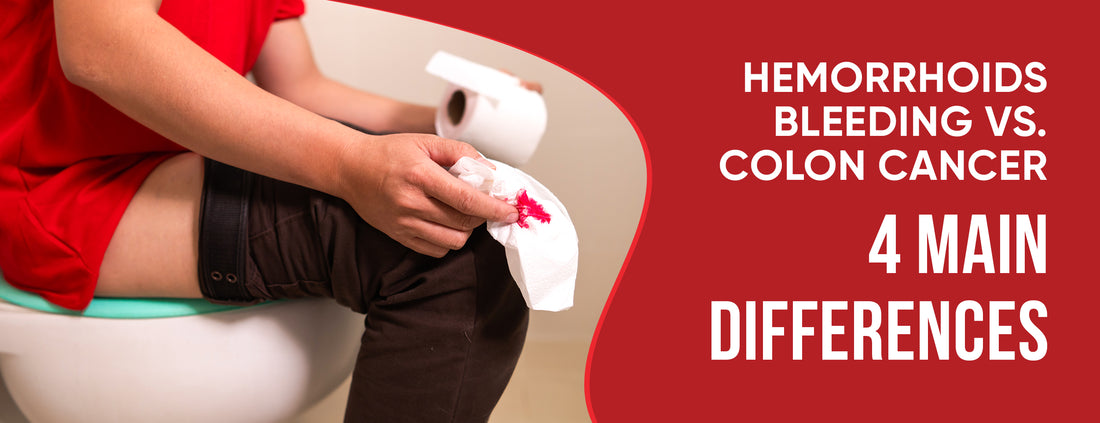
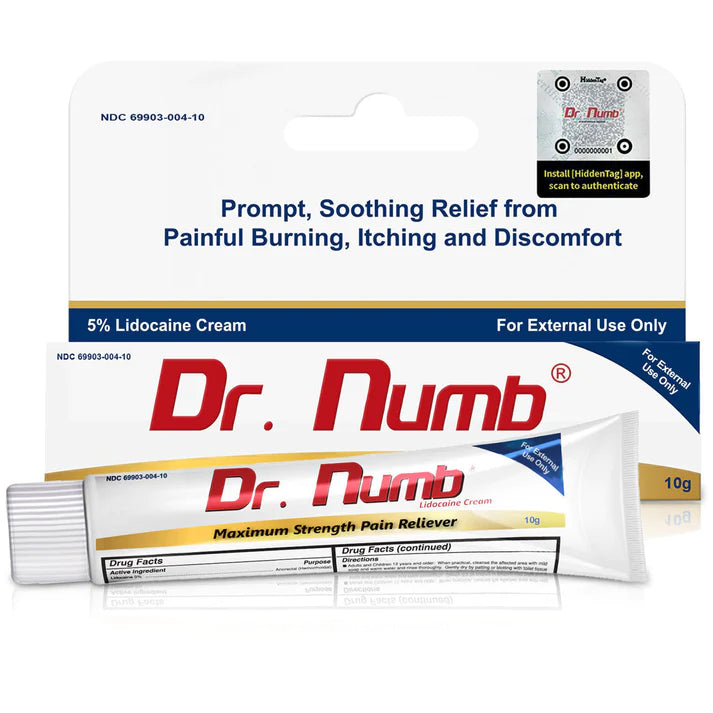





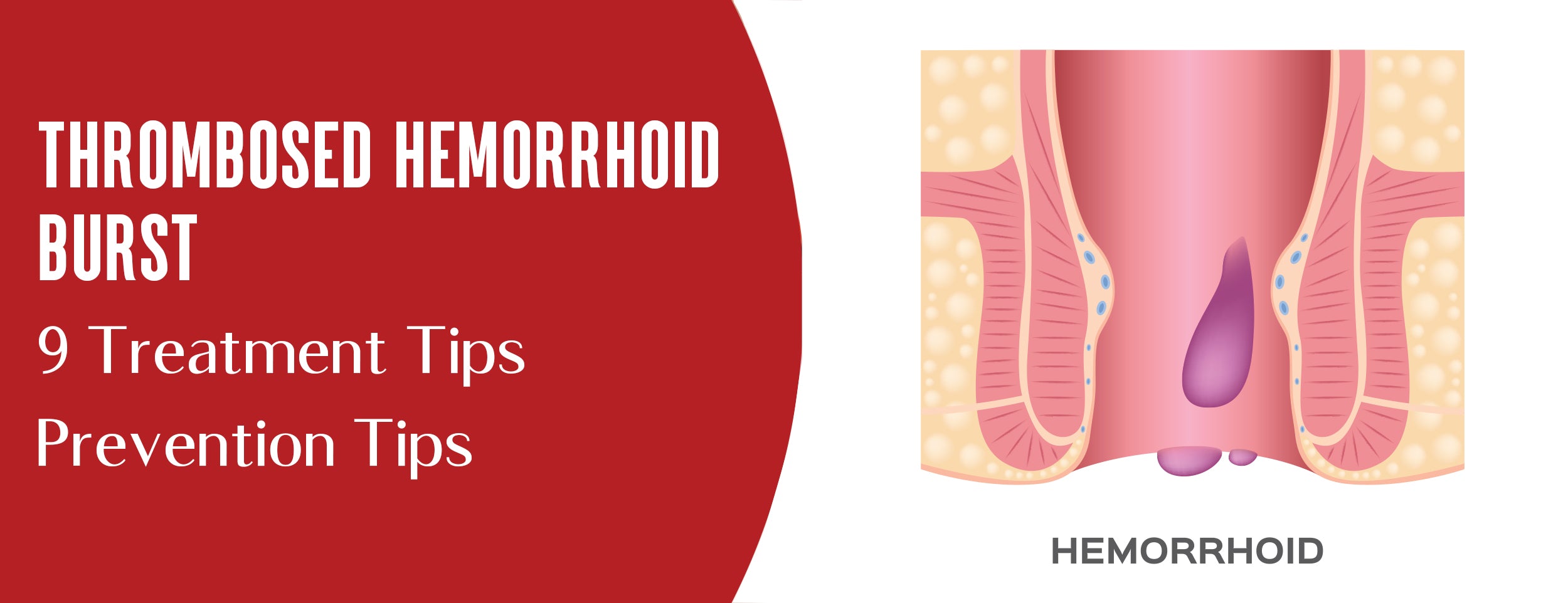
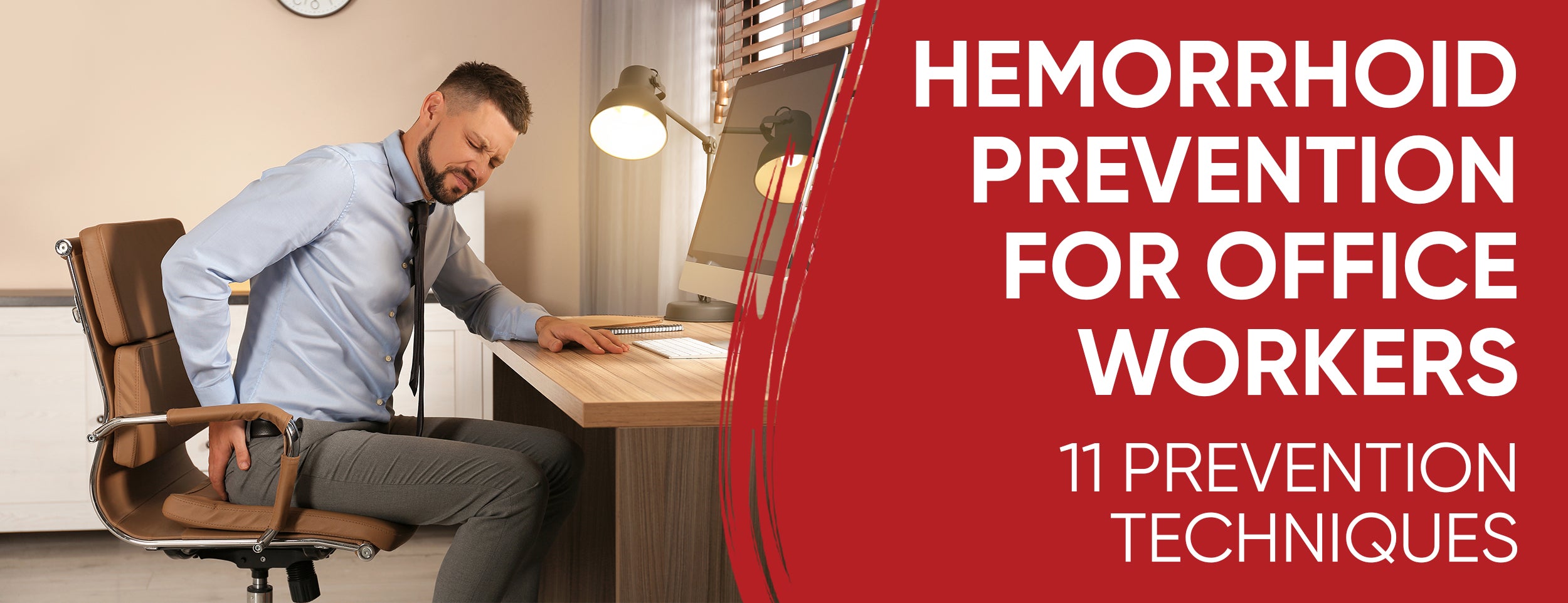
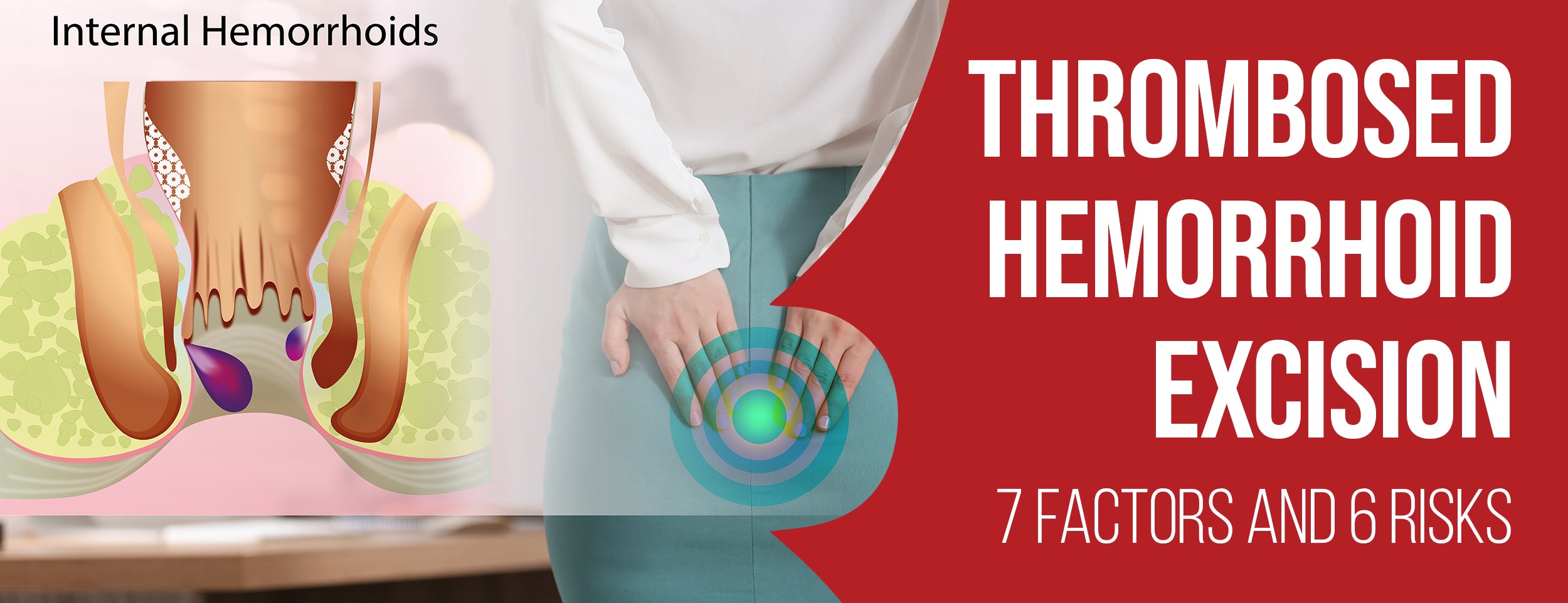
![Precautions & 6 Steps to Draining Thrombosed Hemorrhoids [DIY]](http://drnumb.ca/cdn/shop/articles/Draining_Thrombosed_Hemorrhoid_Yourself__6_Steps_8_DIY_Tips_With_Precautions.jpg?v=1713931775)

